Rimisp and IICA sign agreement to boost agricultural sector in Colombia
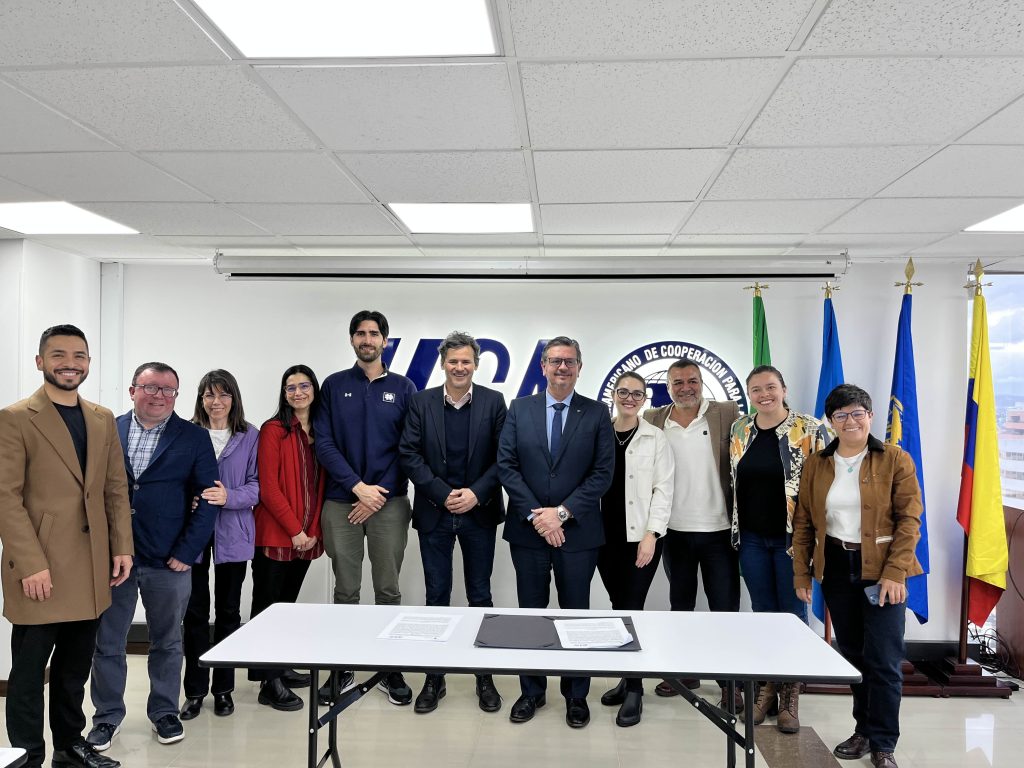
The consolidation of this agreement is focused on different key points such as the development of family agriculture, bioeconomy, sustainable agri-food systems and the closing of existing territorial gaps in the country.
Unlocking the Territory! A practical day in Cali to accelerate PDETs
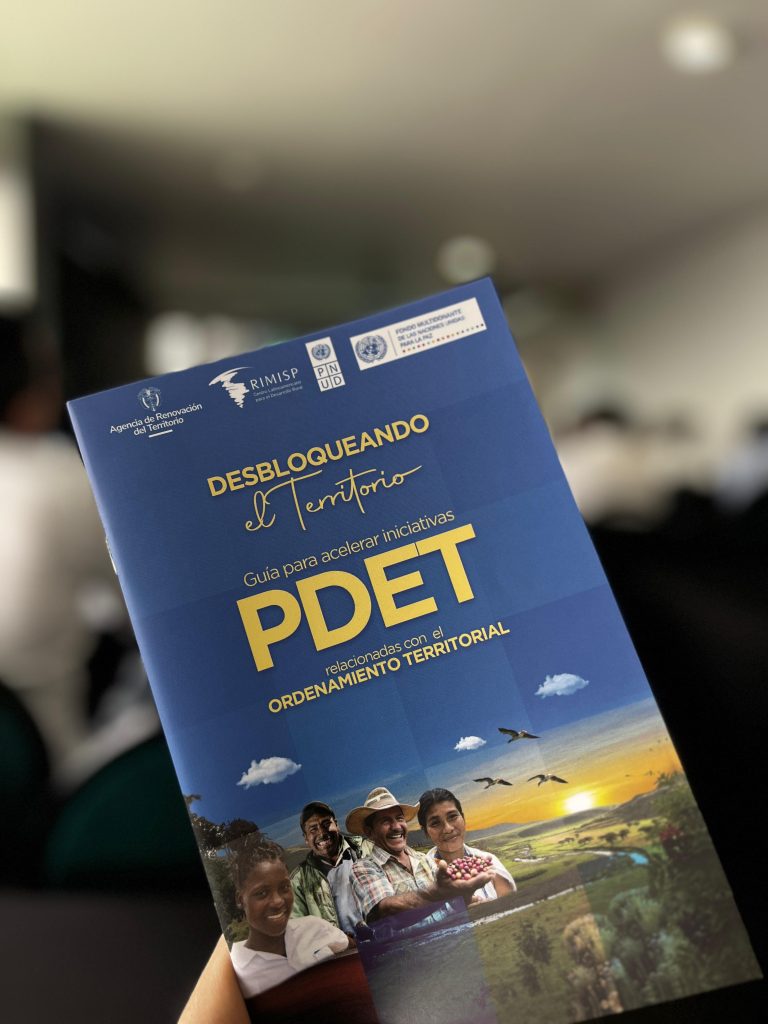
In the city of Cali, Colombia, an intense and transforming working day was held in conjunction with the Agency for Territorial Renewal (ART), the United Nations Development Program (UNDP), the United Nations Environment Program (UNEP) and the United Nations Multidonor Peace Fund (MPTF).
Rethinking rural development: A new language for a new agrarian Colombia

In the forum “The Future of Agrarian Colombia”, recently organized in Bogota, Diego Bautista Rios, Director of the Colombia Office of Rimisp – Latin American Center for Rural Development, gave a keynote speech that made an urgent call: Colombia needs to renew the conversation regarding the countryside and rural development.
Olga Lucia Sorzano Montaña

PhD in Cultural Policy and Management, Master in Economic and Social Policy Analysis and professional in Economics.
Rimisp and Dutch NGO IDH signed an agreement to strengthen fair trade in the Colombian countryside.
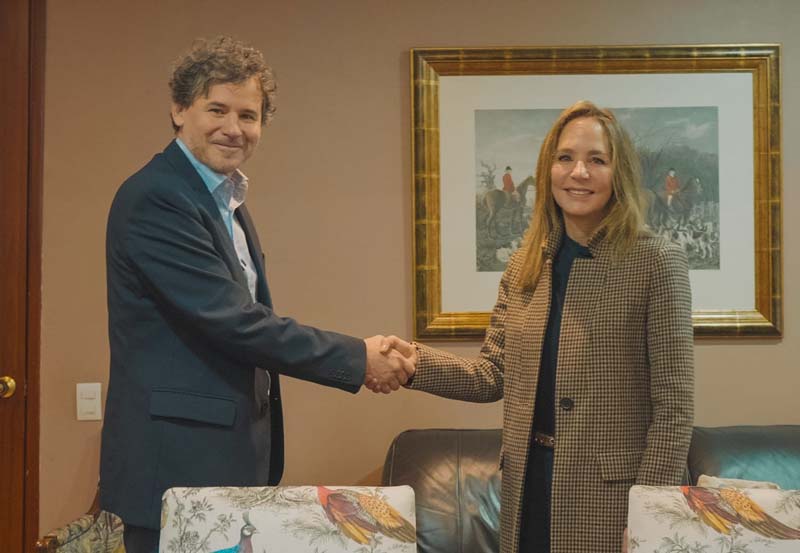
Farmers in the departments of Cesar, Huila and Magdalena are about to take a great leap forward: thanks to the alliance between RIMISP and the Dutch NGO IDH, their products will be able to reach European Union markets under a fair and sustainable trade model.
Responsible production, environmental protection and social inclusion are the key to this alliance that will transform rural production chains and connect producers with international buyers. A greener future is underway!
Find out how this agreement will change the game:
Rimisp warns of barriers to agricultural credit and proposes solutions from Congress
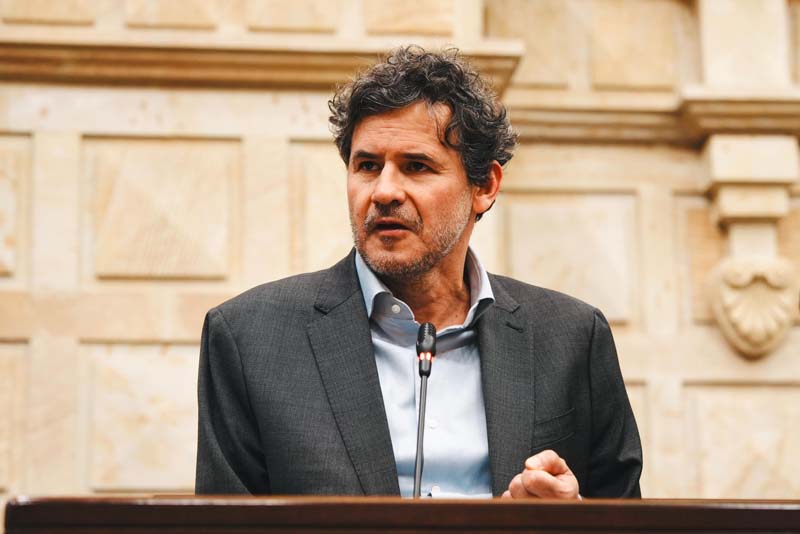
In a public hearing in the Congress of the Republic, Diego Bautista, Colombia director of RIMISP – Latin American Center for Rural Development, revealed worrying data: only 11% of small producers have access to formal credit, while most of the resources benefit large entrepreneurs.
RIMISP proposed an urgent reform to correct the failures of the rural financial system and guarantee real opportunities for those who work the land.
Rimisp presents results of study on outstanding experiences of agroecological transition in Latin America
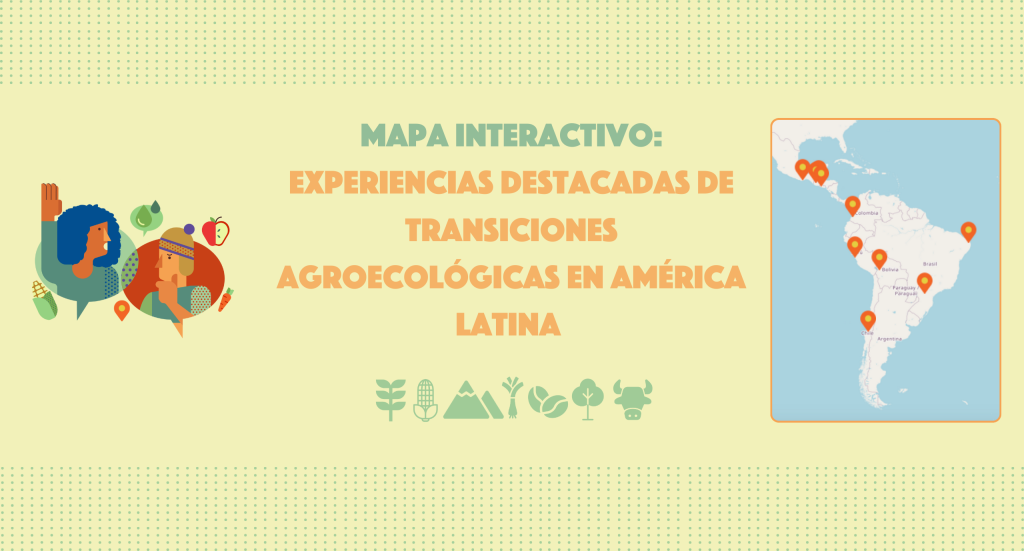
The project ‘Lessons from Latin America on Agroecology and Territorial Development for the Transition to Inclusive and Climate Change Resilient Food Systems’, led by Rimisp and funded by IDRC, had its closing milestone with a webinar that brought together organisations leading agroecological transition initiatives in the region.
Analysis of interviews with young coca and poppy growers in Colombia, Ecuador, Mexico and Peru.
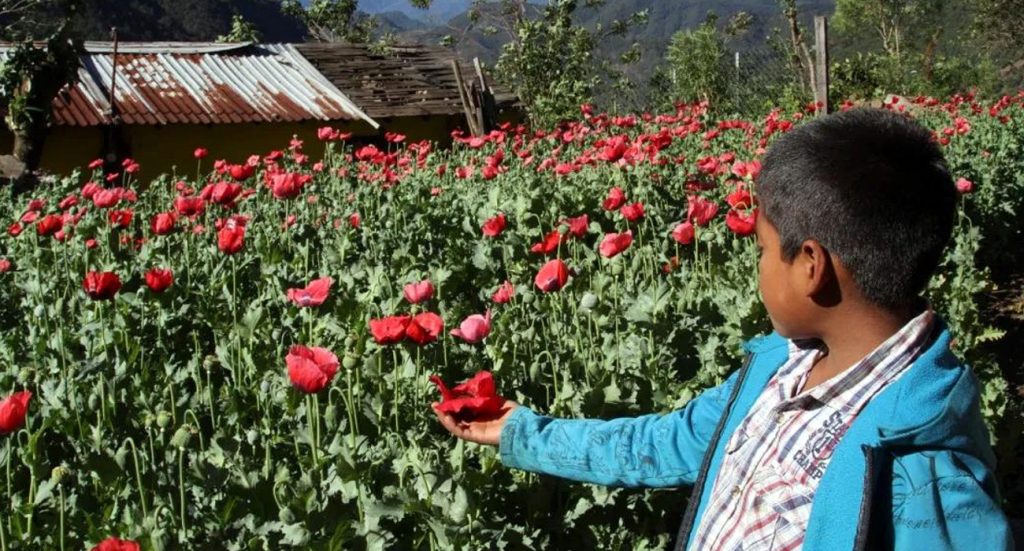
The document presents the main results and findings in interviews realized to 38 young coca and poppy growers. This research was carried out in four Latin American countries: Colombia, Mexico, Ecuador, and Peru. The objective was to identify the main characteristics of these young people, as well as understand the incentives and contexts that encourage them to stay in this activity or to make a change in the future. Besides, we identified similarities and differences in the conditions of the participants among these countries.
Protierra Catatumbo Program
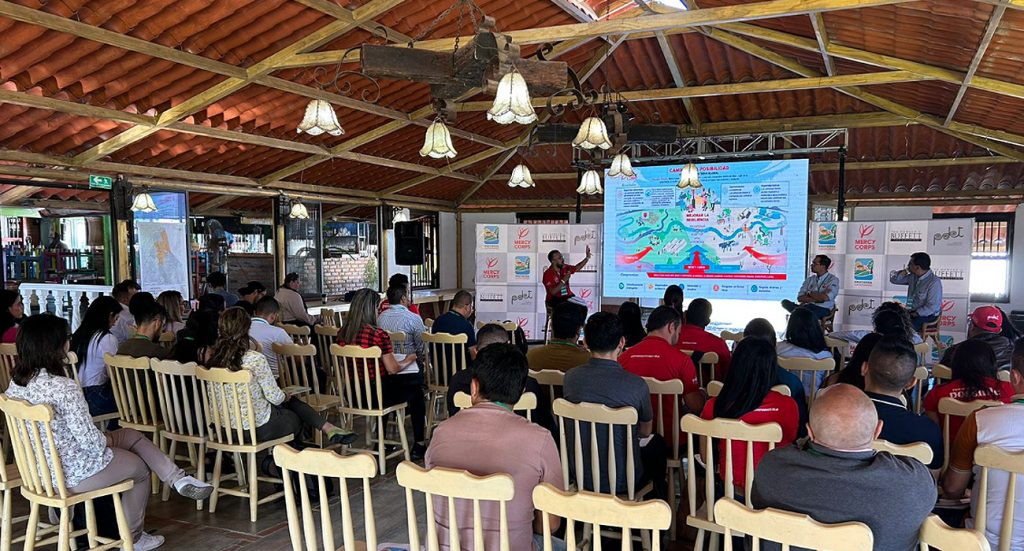
Thanks to the acceptance and community participation generated by Mercy Corps’ Protierra Tibú Programme (2019 – 2023), which formalised 1,100 property rights for farming families and improved their food sovereignty and security, the Protierra Catatumbo Programme will be implemented.
Cultural change strategy for transparency in Cartagena
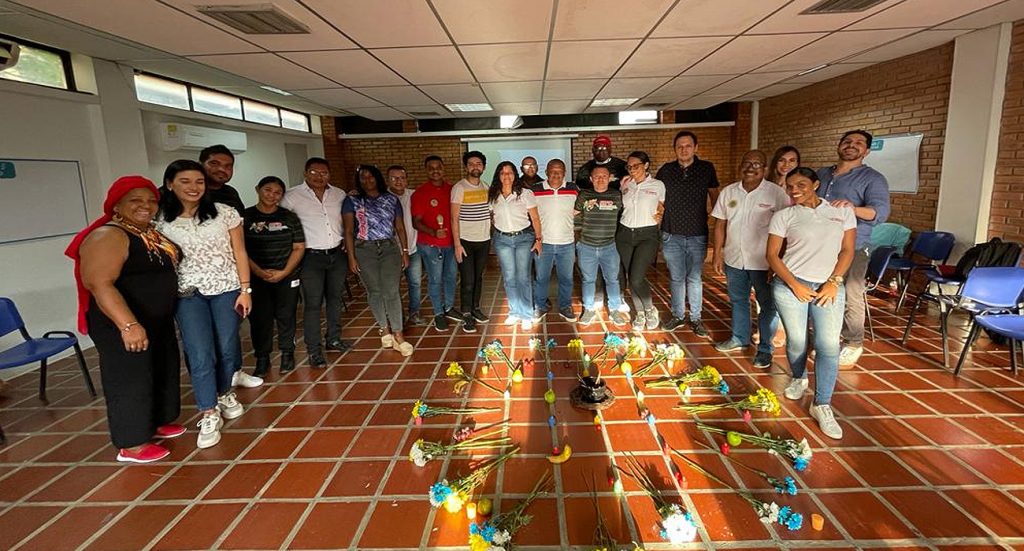
The aim of the project was the participatory design and evaluation of six behavioural initiatives to be included and implemented in the communications strategies of two city agencies. The methodological principles of this initiative are the use and application of behavioural sciences and communications for social change, the co-creation of interventions with local actors and the experimental measurement of their results.